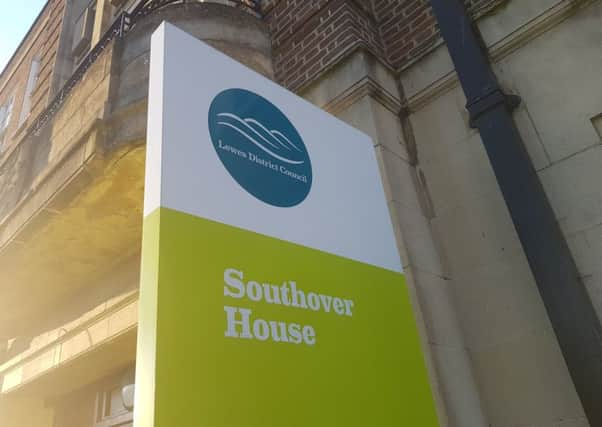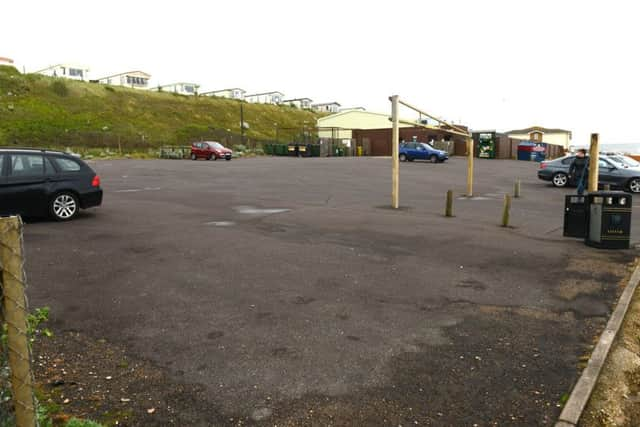Multi-million pound claim against Lewes District Council withdrawn


Plans originally designed to build new 750 homes across the district, known informally as the 49 sites project, were scrapped by the council in February 2016.
This was because covenants on two key sites, Seaford’s Buckle car park and Normansal Park Avenue, restricted the scale of development and made the scheme financially unviable.
Advertisement
Hide AdAdvertisement
Hide Ad

But this week it has been confirmed Karis has withdrawn all claims it made against the council.
A council spokesman said: “Karis Developments Limited and its subsidiary Karis Southern Housing Projects Limited have withdrawn all the claims they made against the council.
“Karis no longer contends that the council terminated the New Homes Project in any way which was unlawful.
Advertisement
Hide AdAdvertisement
Hide Ad“The council refuted all the claims made by Karis from the outset and in the strongest terms.
“The council decided to accept Karis’s request to discontinue the claim in the best interests of the public purse and on the basis that no payment is made to Karis.”
The New Homes Project as it was officially known was hugely controversial.
As there were restrictive covenants on two of the key sites, both in Seaford, which would have generated the capital need for reinvestment into affordable homes, it made the scheme financially unviable.
Advertisement
Hide AdAdvertisement
Hide AdCouncillors were told in 2016 that independent legal advice had confirmed that any attempts to lift the covenants would take time, expense and might not be successful.
At the time Andy Smith, leader of the council, said that they were ‘trying to be open and we are trying to rebuild that trust and confidence’.
He said: “The council has different plans developing all the time. Sometimes they go through and other times they don’t. This was just one that failed in the spotlight.”
An independent review of the project was conducted by external auditors, while a cross-party working group was set up to look into the way the scheme was run.
Advertisement
Hide AdAdvertisement
Hide AdThe working group’s report, published in September 2016, raised serious concerns over several aspects of the project - including its management, transparency and a perceived ‘lack of democracy’ in the consultation process.
Mr Smith said it was clear from the report while the ambition and motivation for the project were ‘commendable’ a number of issues, particularly around consultation and project oversight, ‘could have been handled differently’.